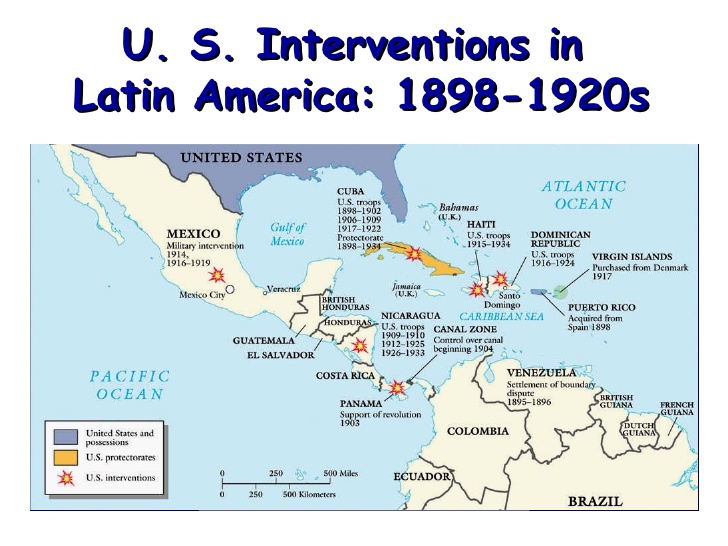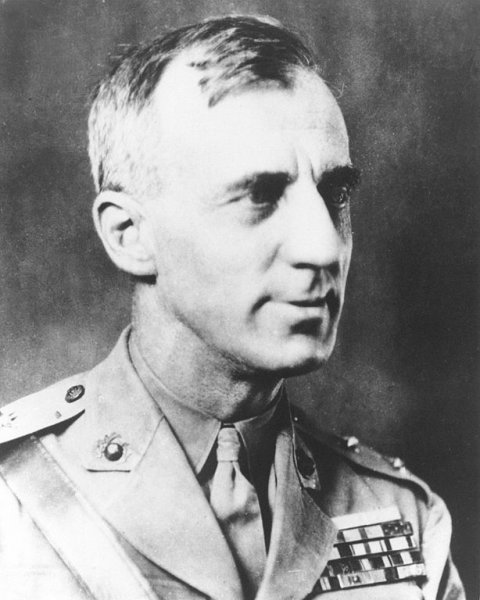The Myth of Isolationism
The Monroe Doctrine and “Isolationism”


Even while the US was actively trying to scale back its military commitments around the world, its military retrenchment in the Western Hemisphere was not quite so successful. These military interventions, most of them in the name of protecting US property or US interests, were simply an extension of the Monroe Doctrine that decreed the US was paramount in the Western Hemisphere. Undersecretary of State J. Reuben Clark wrote a memo in the late 1920s that argued that these kinds of interventions were counter-productive. His memo became the basis for FDR’s Good Neighbor Policy that ultimately curtailed frequent US military interventions in Latin America. As these interventions demonstrate, Unilateralism, or the US prerogative to act without the backing of other nations or international bodies, was perhaps a more apt description of US foreign relations than Isolationism during this period.
